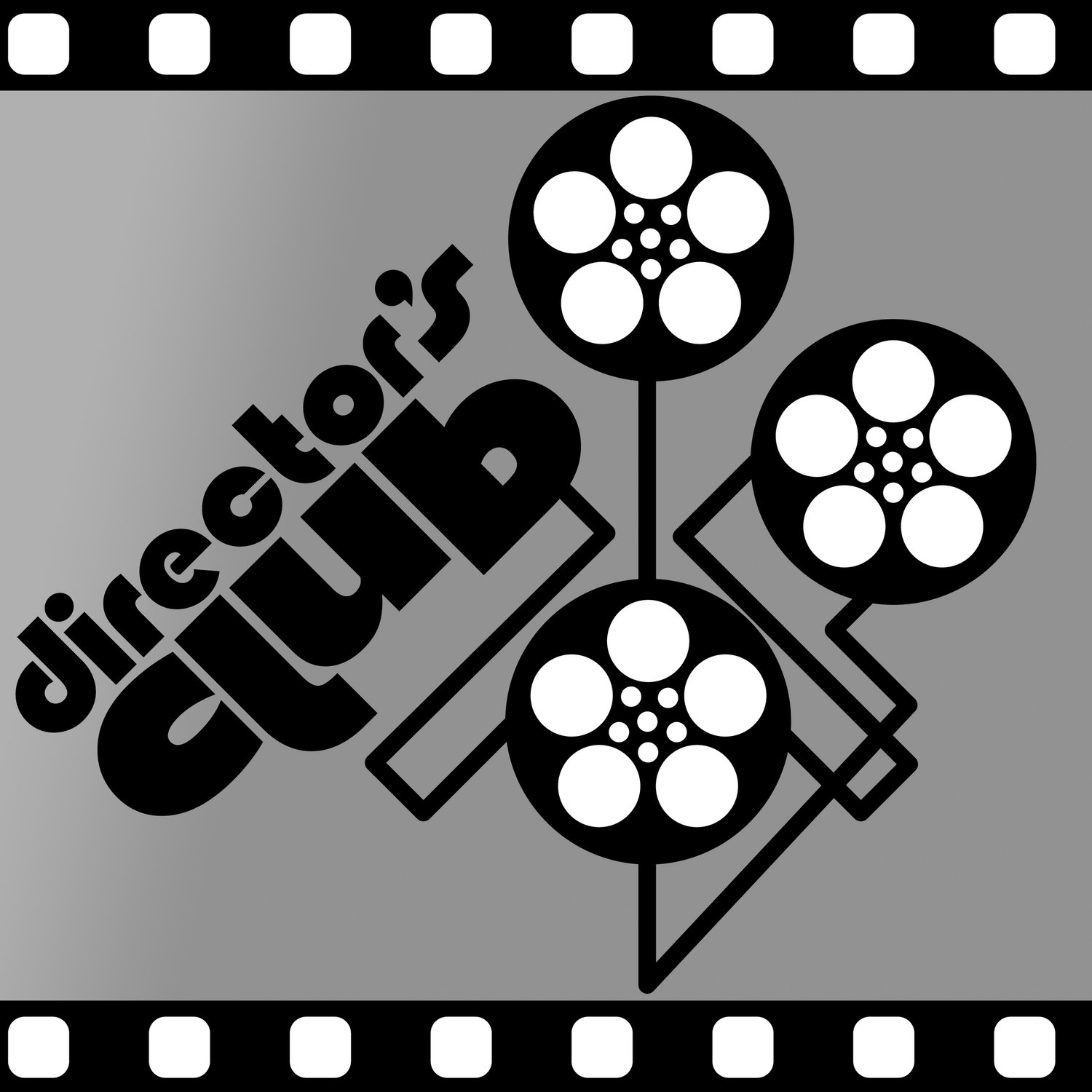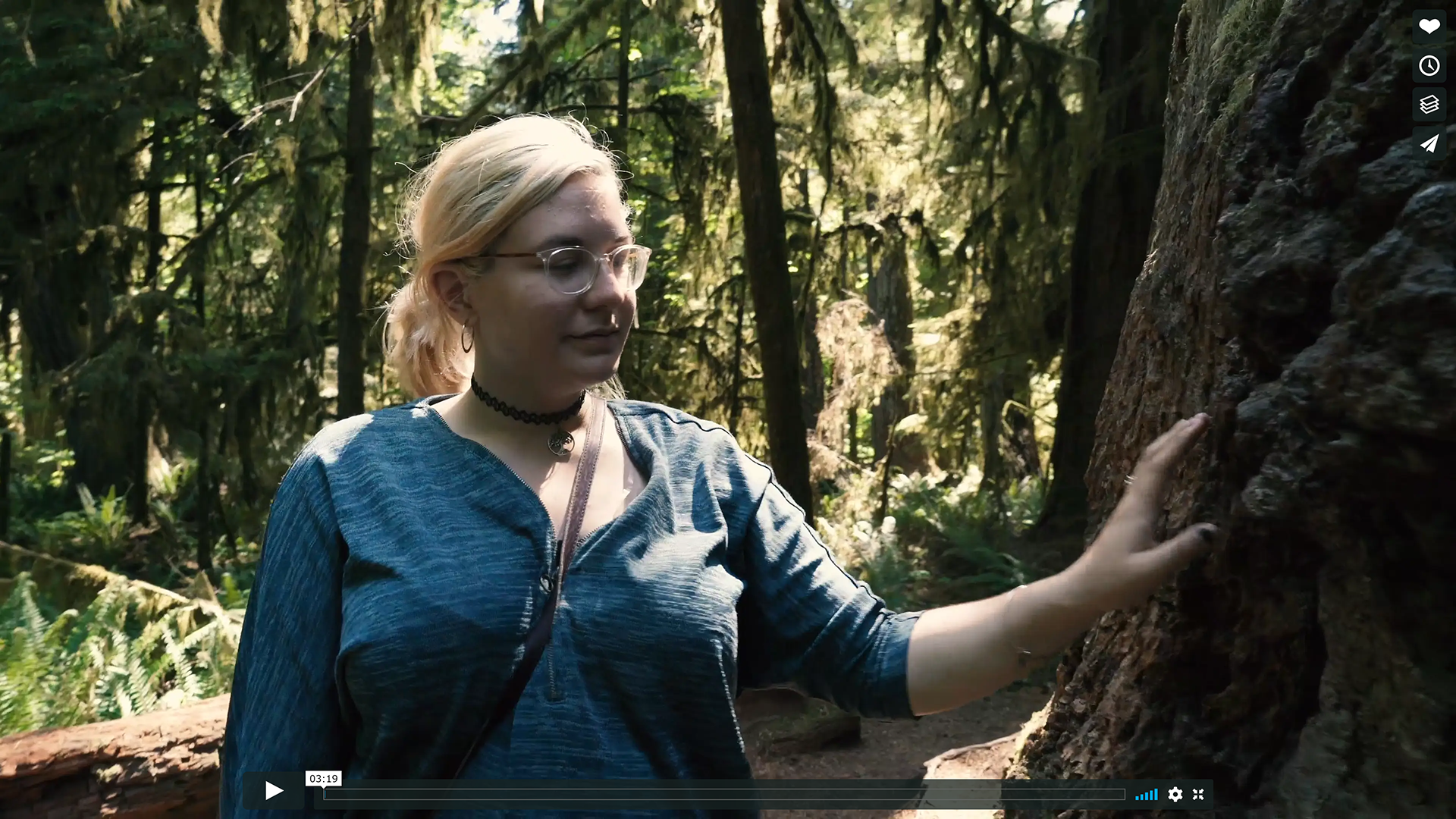Drunk On Too Much Life (2021)
Michelle Melles is a Canadian-American filmmaker, producer, story editor, and writer based in Toronto. She’s also the mother to Corrina which is the focus of her latest work. To call this beautifully crafted film “personal” is an understatement. Drunk on Too Much Life is a revealing, intimate look at Michelle’s 21-year-old daughter’s difficult experiences surrounding many struggles that all revolve around her mental health. There’s an inside look at psychiatric wards as well as attempts to parse diagnostic labels and the need for medication. This film really does want to look at a lot of issues but in a way that never takes sides since we get to hear different perspectives from several experts. But let’s face it: the real experts might be Corrina’s parents. They harbor the same determination and humanity that the parents in Lorenzo’s Oil have. Thanks to Mental Filmness, I’ve watched another special true life story unfold.
A lot of what we are privy to here revolves around our perceptions surrounding the many intricacies of the mental health system. But it all starts with the courage and resilience of Corrina who agreed to be the main subject in a way that goes beyond vulnerability. The camera is either on her or her parents most of the time. Sometimes she does have to go inpatient, which is when we see the parents trying to solve the mystery as to how they can make life better for their daughter. Corrina describes herself as “being trapped inside her own mind games.” But it’s clear she has a lot of willpower and self-awareness. She does attempt to uncover a balance between creativity and being able to function in everyday society while juggling the complications of trying to find the right cocktail of medications.
Interviews from many different minds are presented throughout. Sascha Altman DuBrul is the co-founder of the Icarus Project, a network of peer based mental health support groups and media projects that is actively redefining the language and culture of mental health and illness. Despite being a filmed interview that takes place over Zoom, many things he says are profound and thought-provoking. Dr. Gabor Maté weaves together scientific research, case histories, and his own insights and experience to present a broad perspective that enlightens and empowers people to promote their own healing and that of those around them. He has written a few books on the subject and hearing what he has to say to this family in his kitchen will certainly inspire conversations with all viewers.
At the same time, the film strives to change how people perceive those with mental health issues - framing their conditions as potentially insightful rather than these burdensome disorders. Certainly various contributors have their own opinions. We hear statements from writers and experts such as “delusions may be accurate to your emotional reality” and “the biomedical-model is a really great way to not talk about oppression.” One of the better statements that Corrina seems to accept is that perhaps what she possesses is a “dangerous gift.”
Meaning her mind can be seen as something that allows her to be creative but she should proceed with caution and have awareness when things begin to spiral out of control. Despite attempts to remain consistent, living with mental illness almost guarantees fluctuations in the severity levels when it comes to maintaining mood. Medications can only do so much which is why the family thinks outside the box and searches for answers in many places besides the Canadian medical system. Watching them be so proactive is incredible to witness.
Heather Frise’s animations are interspersed throughout the film, illustrating how people with mental illnesses can have a heightened experience at times. Usually these supplemental digressions are more of a distraction used to fill up the running time but here they are thematically relevant. After years of doctors, medications and mental health facility check-ins, her family starts exploring healing methods outside of standard biomedical models. Alternative treatments positively impact Corrina, reflecting the power of creativity while making sure to maintain meaningful connections - all of which are imperative and essential to staying well. Drunk On Too Much Life is a delicate, thoughtful documentary in which I walked away with an even deeper understanding of the complexities of mental health and the way it can impact the individual as well as the family unit. It’s one of the best documentaries I’ve seen all year. Everyone, especially Corrina and her parents, deserve a lot of praise for putting this love letter together so gracefully and with sensitivity all the way through. Currently streaming until November 6 through Mental Filmness!


